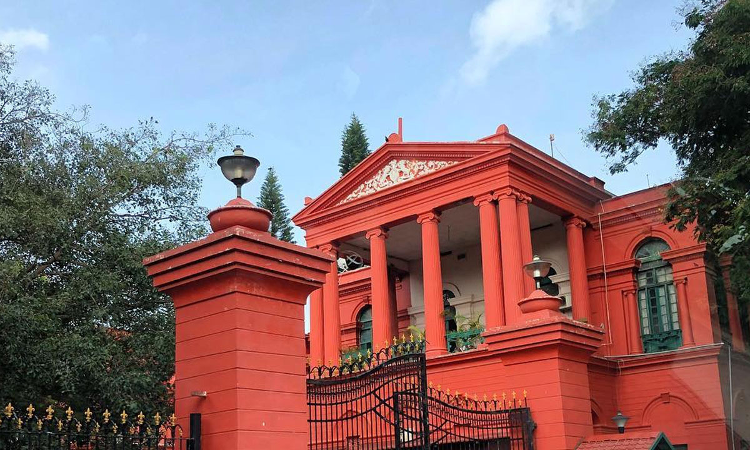Prosecution Can't Omit To Examine Investigating Officer Where Circumstances Warrant: Karnataka High Court
Mustafa Plumber
18 July 2022 1:14 PM IST

Next Story
18 July 2022 1:14 PM IST
The Karnataka High Court has said that in those cases where circumstances warrant to prove the guilt of the accused beyond all reasonable doubts, it is necessary to examine the Investigating officer. A single judge bench of Dr. Justice HB Prabhakara Sastry said, "Though it cannot be held that, in all cases, necessarily the Investigating Officer must be examined, however, in those...
